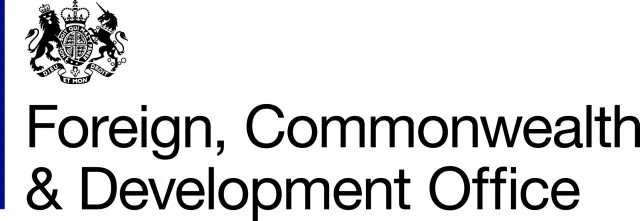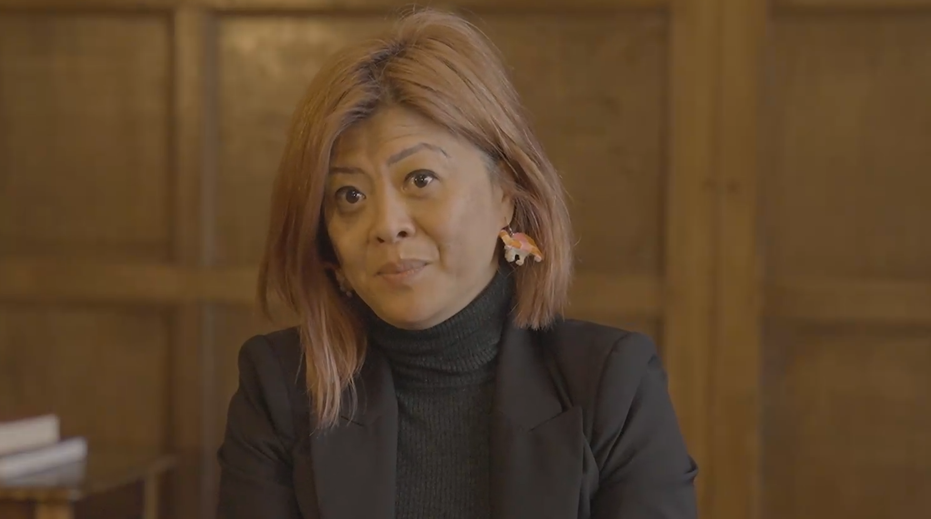In the context of concerted efforts to roll back on women’s and girls’ rights and the disproportionate impact of COVID, conflict and the climate crisis, there is a need for a concerted, collective effort on, for and with women and girls.
The UK’s Foreign, Commonwealth and Development Office (FCDO) will use the full range of levers at its disposal to unite partners in standing up to those who want to hold back women and girls, and champion women and girls as agents for change through local leadership, including grassroots women’s rights organisations. The new FCDO ‘International Women and Girls Strategy 2023–2030’ was launched in March 2023, setting out campaign principles and goals. The Strategy is framed around the three Es of Educating girls, Empowering women and girls, and championing their health and rights, and Ending violence against women and girls.
The Wilton Park series forms an important part of this commitment to partnership-building, to pushing back on the rollback, and to supporting women’s rights organisations while delivering progress on the empowerment and rights of women and girls around the world in the context of growing global threats and shocks.
This dialogue, the second in the series, will address sexual and reproductive health and rights.
New UN analysis has revealed a staggering backsliding amongst women’s, children’s and adolescents’ health, as a result of COVID-19 and conflicts around the world. Today, a woman in sub-Saharan Africa has around a 130 times higher risk of dying from causes relating to pregnancy or childbirth than a woman in Europe or North America. Each year there are 35 million unsafe abortions, resulting in life-changing injuries for millions and the death of at least 23,000 women each year.
At the multilateral level, SRHR has become a political lightning rod. Opposition to SRHR is well organised and well-funded, and the polarisation of debate around SRHR risks undermining and weakening multilateralism, which could have damaging effects on international human rights more generally.
Despite the tensions, it’s notable that at the local and national level, communities, medical providers, legislators and national governments are working to increase access to SRHR in many places across the globe. There have been huge strides in access to family planning and reproductive health services. Since 1994, only four countries have taken steps to reduce the legal grounds for safe abortion. In contrast over 60 countries have taken some steps to expand the grounds for legal abortion over the same period. At country level, the general direction of travel is still one of strengthening women’s rights and increasing access to SRHR.
In October 2022, the UK, US, Mexico, Liberia, Albania and Nepal co-led a landmark statement on SRHR at UN Third Committee on Human Rights which was signed by 71 countries. It re-stated our intention to join together and to reaffirm that all women and girls have the right to bodily autonomy, including the right to make their own informed decisions about sex and childbearing: to avoid unwanted sexual contact; decide if, and when, to have children; and to face fewer risks during pregnancy and childbirth.
Aims of the dialogue
The dialogue aims to broaden and deepen alliances with key actors, exploring the challenges to – and opportunities for – championing SRHR at the UN during negotiations. The meeting will aim to agree how to work together to widen the number and geographical spread of countries that speak out in favour of SRHR, in multilateral fora.
The event will also provide an open space in which to discuss and demystify certain contested issues and terms. Participants will also engage in a deep dive on comprehensive sexuality education (“CSE”) and how pushback on pre-agreed language on CSE played out in multilateral fora this year. Building on commonalities to unite partners, the dialogue will explore innovative strategies to overcome challenges and risks, predominantly at the multilateral levels.
In partnership with













